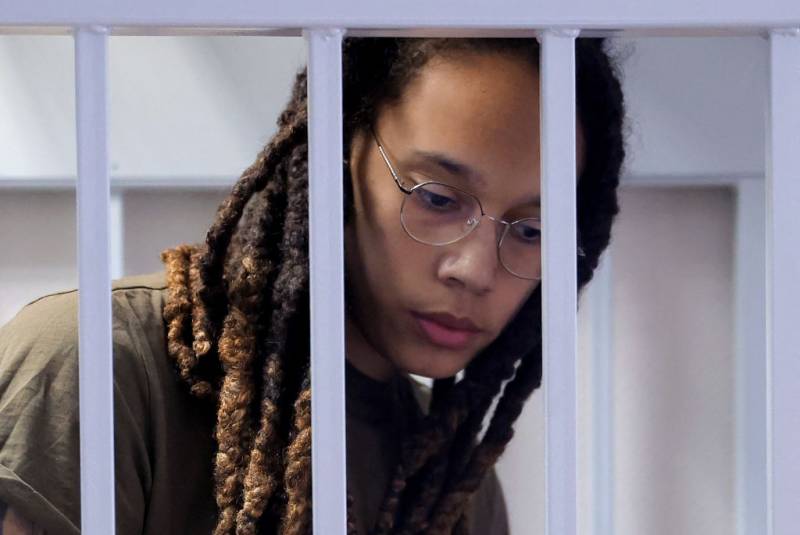Brittney Griner, the WNBA star and two-time Olympic gold medalist, remains detained in Russia after a court there sentenced her earlier this month to nine years in prison for carrying a small amount of hashish oil into the country. Her conviction and sentence came after a month-long trial widely denounced as a sham designed to give Russia political leverage over the United States. Griner’s case, painful in its injustice, is not unique: foreign governments are unlawfully holding dozens of Americans, and government hostage-taking is on the rise. We’ll talk about the impacts on families of political prisoners and what it may take to bring Griner and other Americans home.
Related link(s):
“The Prisoners Dilemma: America Must Adapt to a New Era of Hostage-Taking,” Foreign Affairs
